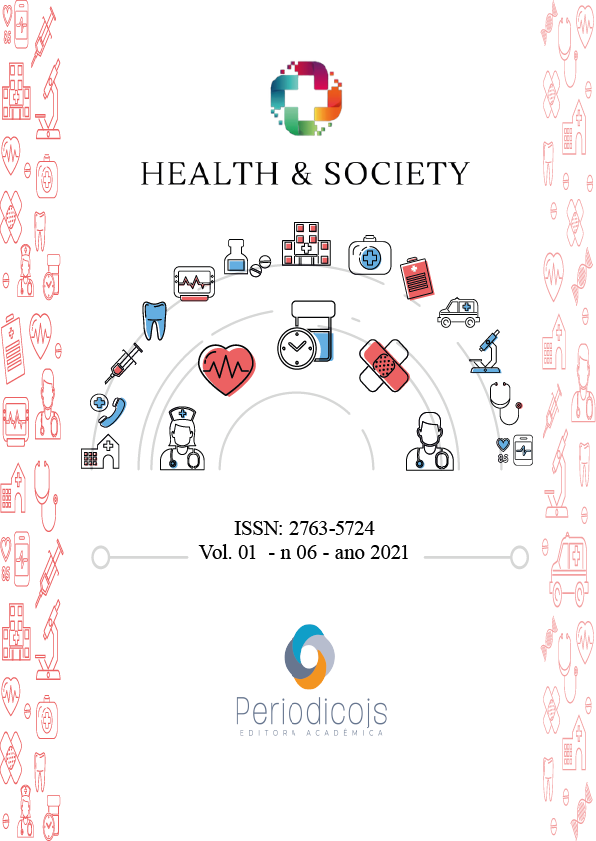Abstract
Contextualization of the objective: Motor experiences in the liquid or terrestrial environment are part of children's behavior, helping children to master the environment, making them autonomous and self-assured. Objective: To report the experience of six months of intervention with water activities for 21 children, of both sexes, aged between three and four years old in an academy in São Luís. Method: The water activities classes lasted forty minutes, they were held twice a week and the classes had an average of eight to ten children aged three to four years. The class was divided into three moments: setting with the environment and with people, the second moment of displacements with floating material and the third moment there were jumps and dives followed by displacements. After a period of six months of intervention, an observational assessment consisting of eight items, with four sub-items each, was applied. The evaluation was applied during a class and the teachers selected a group of children to make the observations and apply the proposed exercises according to the evaluated item. Results: It was found that all children developed the skills proposed in the assessment items, receiving excellent ratings, with the exception of the item "backstroke legs propulsion" in which seven students, four of which had a good rating, three had a very good result. Final considerations: after six months of intervention, it was noticed that there were positive results in the expansion of learning the contents and refinement of the proposed movements, confirming the hypothesis that, within the proposed period, there were benefits in learning to swim.
References
GALLAHUE, D. L.; OZMUN, C. J. Compreendendo o Desenvolvimento Motor: Bebês, crianças, adolescentes e adultos. (tradução Maria Aparecida da Silva Pereira Araújo) São Paulo: Phorte, 2003.
MANOEL, E. J. Desenvolvimento motor: implicações para a Educação Física escolar. Revista Paulista de Educação Física, São Paulo, v. 8, n. 1, p. 82- 97,1994.
TANI, G. Criança e movimento: o conceito de prática na aquisição de habilidades motoras. In: KREBS, R. J.; COPETTI, F.; BELTRAME, T. S. & USTRA, M. (Orgs).
Perspectivas para o desenvolvimento infantil. Santa Maria: SIEC, 1999. p.121-38.
TANI, G. Liberdade e restrição do movimento no desenvolvimento motor da criança. In: KREBS, R. J.; COPETTI, F.; BELTRAME, T. S. (Orgs.). Discutindo o desenvolvimento infantil: livro do Ano da Sociedade Internacional para Estudos da Criança. Santa Maria: SIEC, 1998. p.39-62.
TEIXEIRA, C. A. Aquisição de habilidades motoras aquáticas: um programa de intervenção estruturado com base na teoria de instrução para crianças jovens. 2008. Dissertação (Mestrado Associado em Educação Física – UEM/UEL) Universidade Estadual de Maringá, Maringá, 2008





